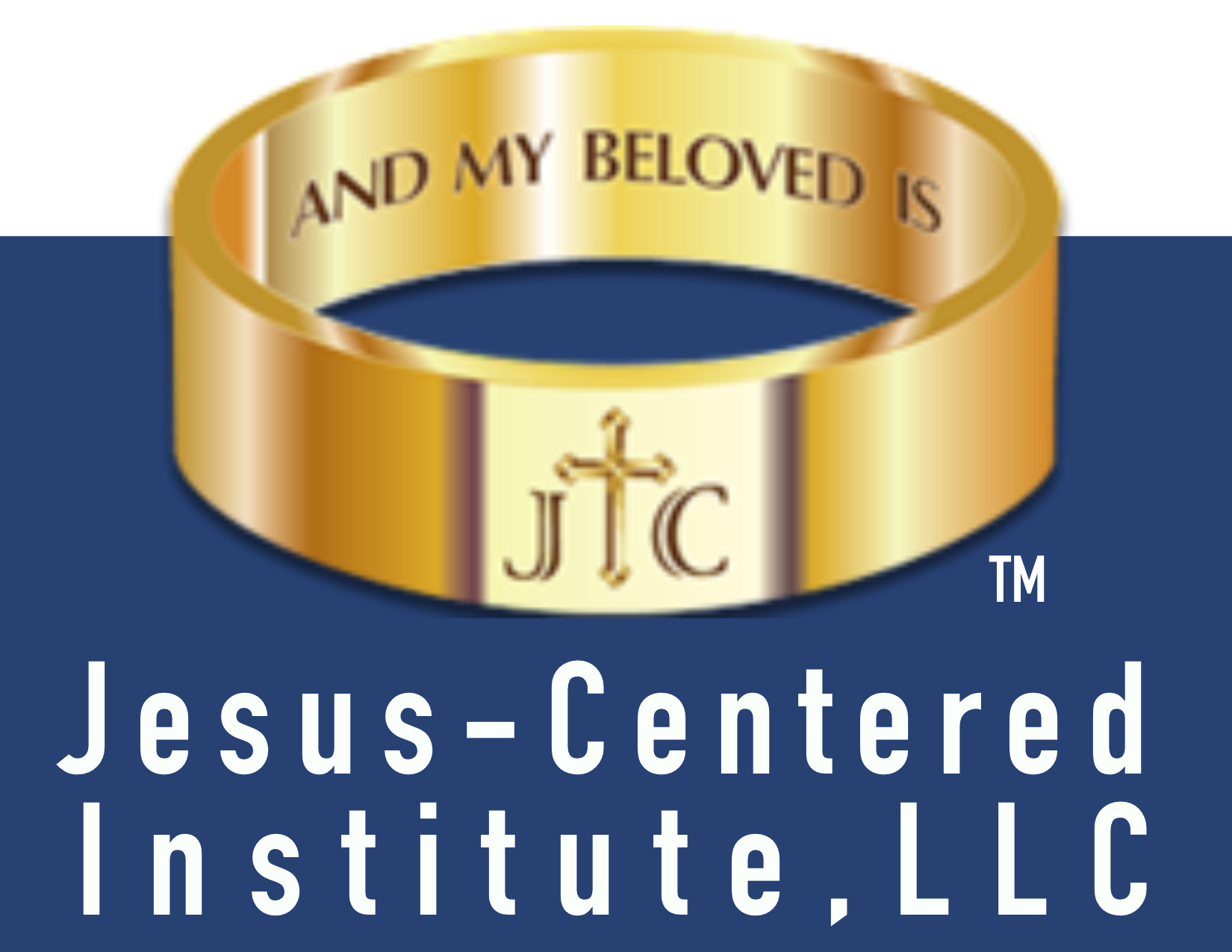Abortion Trauma
ABORTION TRAUMA THROUGH THE GENERATIONS
&
RELATED SCHEMAS AND COPING MODES
Six percent higher is the suicide rate for women with depression. Many of these women seek psychotherapy and their depression, anxiety attacks and self-loathing and shame continue unabated for years and decades. It’s come to the fore now how abortion is also affecting men. As one man stated, “I realized when I paid for that abortion, I was paying for the execution of my own child.”
Science informs us about how the brain is developing after 17 days following conception. The baby feels pain as early as 8 weeks of gestation. This has been shown to not be a simple reflex. Nurses who have assisted in abortion report totally turning against abortion seeing the human baby squirm in utero trying to avoid the suction needle.
Trauma? You betcha. Siblings finding out about their aborted brother or sister are riddled with questions that plague them. Survivor guilt, a sense of someone absent who should be present in the family, mom’s depression and detachment now explained, a haunting wondering about their name. Would they have a different name if that baby was born? Do they bear the name the dead brother or sister would have carried? The issues go on.
A woman testifies about her mother’s failed abortion that almost did her in. What schemas of defectiveness and emotional deprivation haunted her life and culminated when her own mother now was pressuring her to abort her own child at age 17? Now, this woman is at peace. She feels free to love. What made the change?
A father shares how he felt for his wife’s distress, so agreed to support her through the abortion. Now he feels he harmed his own child and carries a secret shame that men are only now beginning to meet together and talk about.
Another sibling of an aborted brother or sister explains that when she learned that Mom had an abortion, now her life made sense. She could understand why her mom plagued with frequent outbursts of anger, Unrelenting Standards on herself, and Parent Mode on her daughter, was unable to bond.
Just how do therapists with clients considering abortion, handle the issue? How do our ethical standards guide us?
In a conference on Trauma, notable psychologists presented a case where a couple who was in the midst of struggling through other traumas in their marriage, became pregnant. The woman who always lived rather self-sacrificing now decided she wanted to not be so dependent on her husband who had betrayed her with other women. She decided to pursue an education and finally have time to develop her own dream (and self-sufficiency) of starting her own business. This pregnancy had the potential of fouling up all of these plans. The repentant husband wanted to support his wife in whatever she wanted. They decided to have an abortion. The therapist coped by saying nothing, but accepting it as the couple’s decision. The training audience was stirred with mixed emotions. Some were aghast, no option given her, no discussion of the high potential for regret and depression, no conceptualizing of the driving “Need” behind the “Detached Protector Mode” of the wife, nor the “Compliant Surrender Mode” of the husband.
Others felt, yes, ethics state we are not to make decisions for couples. We are to let them judge their own values.
What does in practice this ethical principle mean? To what extent can it be followed and still not conflict with the other ethical principle of “do no harm”. We don’t allow child abuse. Do we allow baby abuse or baby murder?
Another therapist works with hardened murders in prison. They have a culture of anger. The clients referenced believe in fighting, and they don’t attach with anyone. Is this the ultimate extreme of following this principle of “live and let live”?
What about a client who, being depressed, chooses euthanasia? This is becoming more and more common. What is our ethical duty here? Is it any different from the client who is choosing the death of their baby?
Do we try to influence the choice of the client wishing to euthanize themselves, perhaps by showing them options out of their depression? Yet do we give no voice to the baby squirming for life?
And how do we clinically treat persons after they have made the act of aborting their child? Most of them had pressure on them to do so. Statistics show very few make that decision of their own volition; they instead do so because for them, they see no other choices. How is this different from any other narrow schema-driven Mode, where the client sees no other choices, but to divorce, or to give up a job, or to not be able to end an affair, or to not be able to kick their drug habit?
How are therapists free to block such destructive “anti-life” Parent Modes (narratives in their head) of one form, but are so fearful to block them in another form, because of their “reproductive rights”? Does the client exercise such a choice because of their inalienable right to end the life of the baby within them, or rather because they actually feel they have no good choices?
Are not rights always positive, and non-injurious to others? Then is this truly a right?
How do we help these women and men, before they ever even get to the point of falling off the cliff and wanting to end the life of their unborn child? And after they have made that decision, how do we help them live with themselves?
Can a “limited re-parenting relationship” with their schema therapist accomplish this? And if so, to what solid extent?
In my experience, while there are some things a re-parenting relationship can definitely accomplish. Getting over killing one’s own child is possible, but not easy. Why? Because the person knows they have done the unspeakable, they can’t even focus on its true reality. It is too horrific, and all of the typical PTSD symptoms and Detached Protector modes erupt. How can they ever pay back the debt of their unhealthy action? The only deep and lasting answer I have seen is in Jesus. He has paid the debt. They can become pure again, pure of all of the horror and selfishness or blindness or ignorance of their action. They can receive mercy. And although this Mercy is enough alone to transform a human being to love and be free again from their trauma created through their abortion, they can go beyond it to even a enjoying freedom of a new connection. The connection starts with God, or the therapist leading them to Jesus, and then the Jesus-Connection, leads them to a connection even with their unborn child.
Woman have shared that through a Eucharistic body to body connection with Jesus, they also feel a body to body, spirit to spirit connection with their unborn child. They are able to talk to him or her, and feel joy with this child who now is waiting for them in heaven, and waiting for any siblings he or she may have. This can restore the entire family system. But clearly, this is not something even the most caring therapist can achieve for a client. This takes Jesus and only Jesus. Because with Jesus, the debt is relieved with no shame left to carry.
This same Jesus-connection is the way out for the hardened hateful person in prison. It is the transformative experience that goes contrary to the Culture of Death, the Culture of Anger, and replaces it with an experience of a Culture of Life, of Mercy, of Love. This Mercy is the key. Praised be Jesus for this gift, and praised be to his pure mother who can bring us to her Son and show us how to forgive, as she forgave those who murdered her Son.
For Schema Therapy to not embody inconsistent hit or miss applications, it has to be Jesus-Centered. These healings only God can do. Ultimately connecting to the therapist as “The Model”, is not only risky, but all human models have clay feet. We each have our own “Pharisee” inside ourselves where we pick and choose what fits our own philosophy of life, that which suits our own comfort.
Persons talk about “Black Lives Mattering”. Absolutely, so let’s stop the 50% reduction in New York City of sweet black babies that are killed by their parents through abortion and help them have a chance to live in loving homes who would be happy to adopt them.
All lives matter, and it is our duty to protect the most vulnerable of them.
Dr. Chiara Simeone-DiFrancesco
©Dialog International Press, LLC, Oshkosh June 12, 2020

